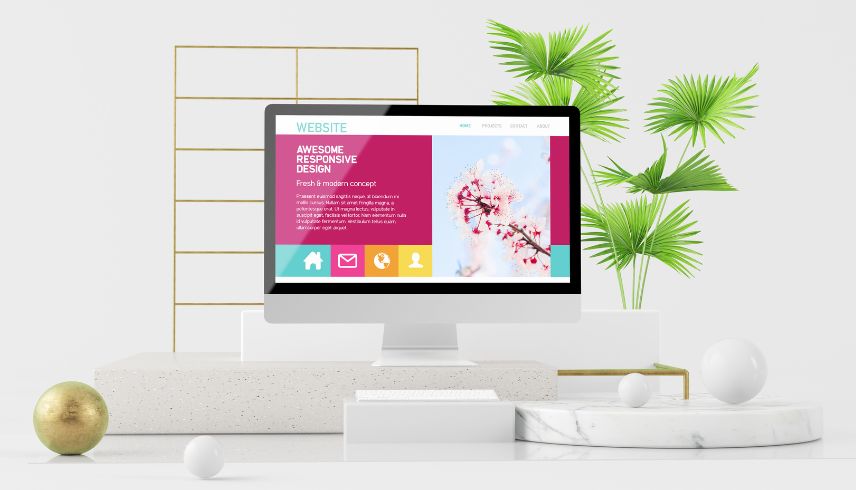- February 26, 2025
- 0 Comments
- By Admin
Choosing the Right Website Platform for Performance, Reliability, and Great Design
When designing a website, selecting the right platform is crucial for ensuring excellent performance, reliability, and a visually appealing design. The right platform can enhance user experience, improve site speed, and offer seamless functionality. Below are five top website platforms, each with its own pros and cons to help you make an informed decision.
Comparison of Popular Platforms
1. WordPress
PROS:
CONS:
- Highly customizable with thousands of themes and plugins.
- Strong SEO capabilities with plugins like Yoast SEO.
- Large community support and extensive documentation.
- Scalable for both small blogs and large e-commerce sites.
- Requires maintenance, including plugin updates and security monitoring.
- Can be complex for beginners without technical knowledge.
- Hosting is required separately, adding to the cost.
2. Shopify
PROS:
CONS:
- Ideal for e-commerce businesses with built-in payment solutions.
- Easy to set up with a user-friendly interface.
- Secure and reliable hosting included.
- Integrated marketing tools for SEO and social media.
- Limited customization compared to open-source platforms.
- Monthly subscription fees can be expensive.
- Additional transaction fees unless using Shopify Payments.
3. Wix
PROS:
CONS:
- Drag-and-drop interface makes it beginner-friendly.
- Offers a variety of modern templates.
- Hosting included, simplifying setup.
- Built-in SEO tools for better search rankings.
- Limited scalability for larger websites.
- Not as flexible for advanced customizations.
- Free plan includes Wix branding, requiring a paid plan to remove ads.
4. Squarespace
PROS:
CONS:
- Beautiful, professional templates with responsive design.
- Easy-to-use interface without the need for coding knowledge.
- Reliable hosting and security included.
- Strong customer support and built-in SEO tools.
- Limited third-party integrations compared to WordPress.
- Monthly subscription is higher than some other platforms.
- Less flexibility for custom development.
5. Webflow
PROS:
CONS:
- No-code design capabilities with advanced customization options.
- Great for designers looking for flexibility without coding.
- Built-in CMS for dynamic content management.
- Fast performance and reliable hosting.
- Learning curve for beginners.
- More expensive than some alternatives.
- Fewer third-party plugins and integrations.
Conclusion:
At Marvin Website Design, we specialize in WordPress because it offers the perfect balance of performance, flexibility, and user-friendliness. WordPress powers over 40% of websites worldwide, making it a trusted and well-supported platform. Its vast library of themes and plugins allows for highly customizable designs while maintaining fast load speeds and mobile responsiveness. Additionally, WordPress is SEO-friendly, helping businesses rank higher in search engines with built-in optimization tools. Whether you need a simple business site or a complex e-commerce platform, WordPress provides the scalability and reliability necessary for long-term success.






